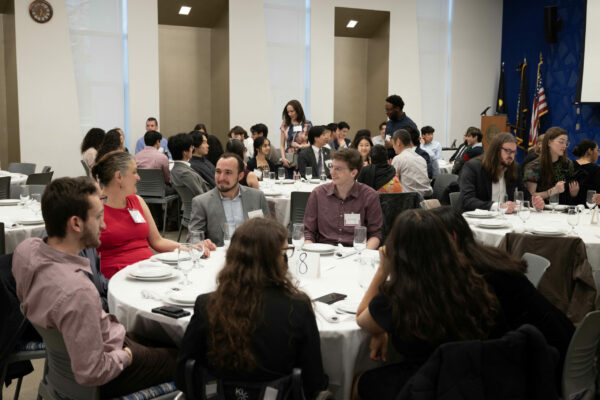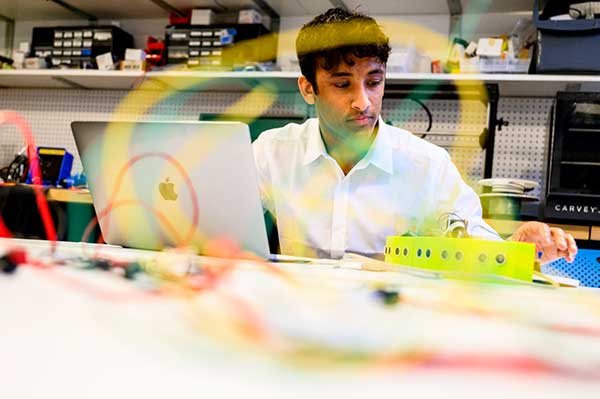ECE Diversity, Equity and Inclusion

The ECE Diversity Equity and Inclusion (DEI) Committee is committed to developing and sustaining a diverse, equitable and inclusive environment in the ECE Department. The committee shall work to promote a culturally competent and transformative environment predicated on the idea that diversity is not a goal, but a continuous and enduring process to ensure the full and engaged participation of the entire engineering community to the benefit of ECE, the College of Engineering, the university and society at large.
General goals and activities:
- Develop short-term and long-term goals related to DEI, and annually update goals as needed.
- Regularly assess the DEI atmosphere in ECE, including meeting regularly with relevant ECE student groups.
- Educate faculty and staff on DEI policies and priorities.
- Support the preparation of our students to thrive in a diverse society and global community.
- Facilitate communication and understanding among different constituencies.
- Support recruitment and retention of a diverse ECE membership.
- Provide updates and status to the ECE faculty, staff regarding progress each semester toward DEI goals.
Membership:
- The ECE DEI Committee shall have a minimum of five ECE department faculty and staff, with a minimum of four faculty and one staff. The ECE faculty are appointed by the ECE Chair. The ECE Director of Administration and Finance will appoint staff members. At least one member of the ECE DEI Committee should also be a member of the COE DEI Committee. Committee members will serve 3-year terms, with no member serving more than two consecutive terms.
The College of Engineering, in alignment with the mission of Northeastern University for a Diverse and Inclusive University, is committed to developing and sustaining a diverse, equitable and inclusive environment. An environment which leads to culturally agile networks and solutions powered by diversity, throughout the engineering community of faculty, students, staff, and broader community, which includes, but is not limited to, our surrounding neighbors, alumni members, corporate co-op partners, and funding donors and/or funding entities. This diverse and inclusive engineering community affirms that “without inclusion, there is no true excellence” and such an inclusive community is one that values and respects all persons without regard to race, ethnicity, national origin, gender, gender-identity, sexual orientation, socio-economic status, creed, age or ability status.
With all of this in mind, the College of Engineering aspires to promote, as reflected in the Electrical and Computer Engineering DEI Charter, a culturally competent and transformative environment predicated on the idea that diversity is not a goal, but a continuous and enduring process to ensure the full and engaged participation of the entire engineering community to the benefit of COE, the university and society at large.
– Richard Harris College of Engineering, Associate Dean, Diversity, Equity and Inclusion
Inclusive STEM Teaching Project
Boston University offers an Inclusive STEM Teaching Project, a 6-week course designed to advance the awareness, self-efficacy, and ability of faculty, postdocs, and doctoral students to cultivate inclusive STEM learning environments for all their students and develop themselves as reflective, inclusive practitioners.

